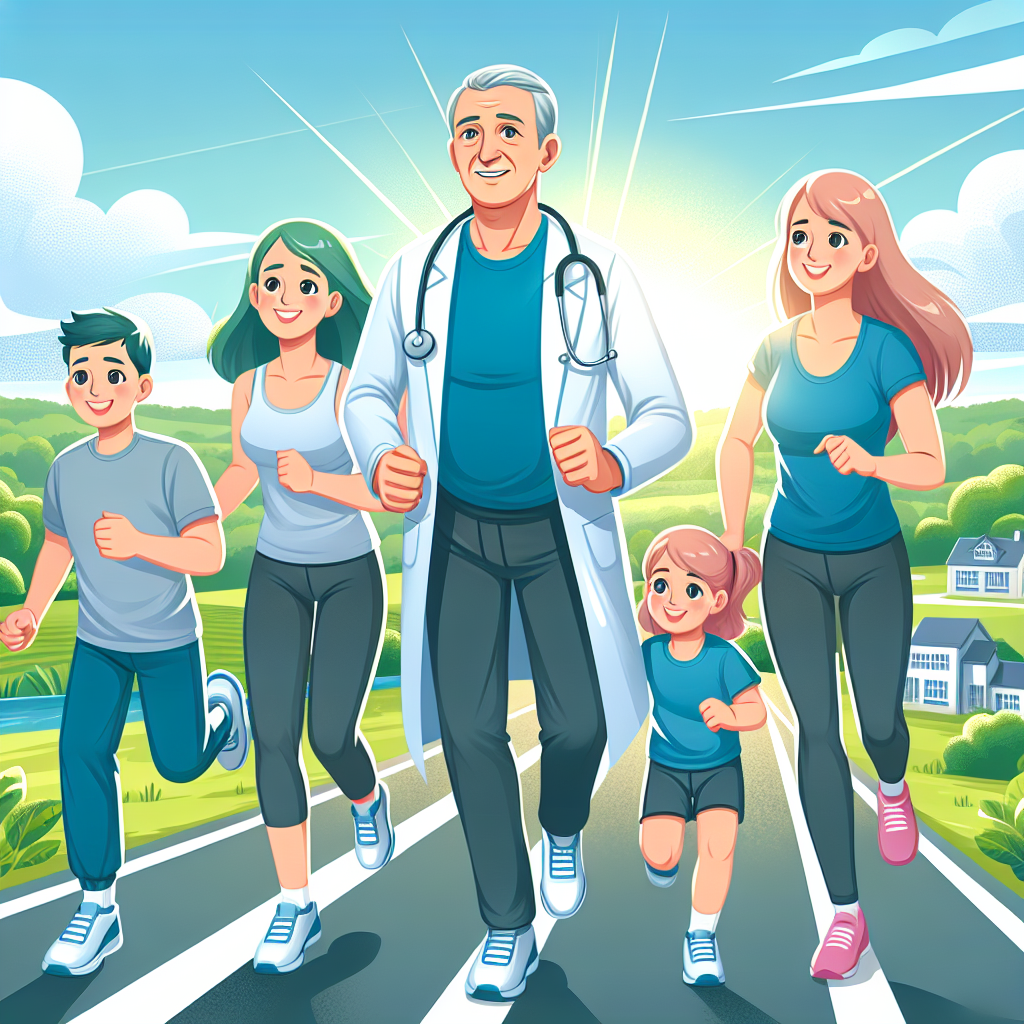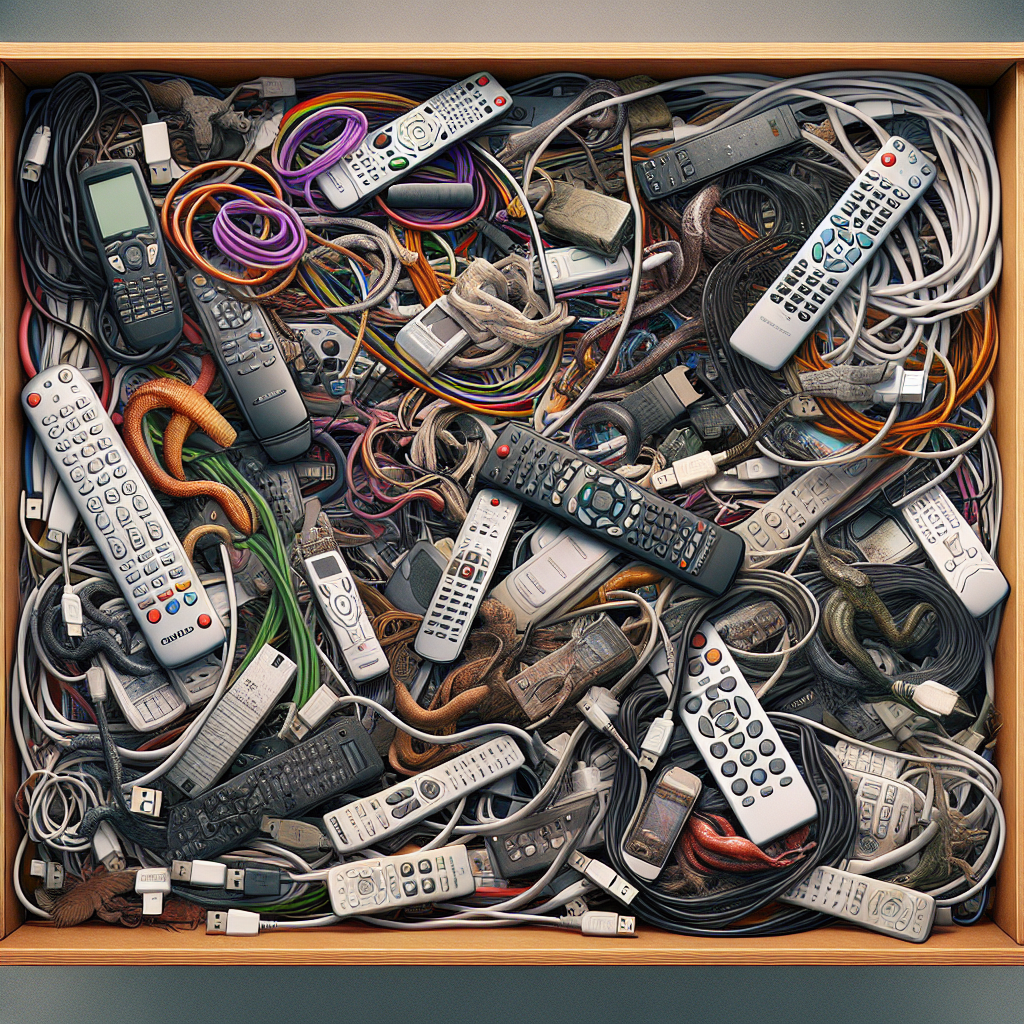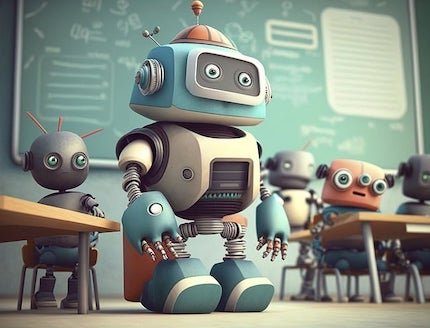Richard Scolyer is a doctor from Australia. He had a very bad brain sickness called glioblastoma. He tried a new treatment that he helped invent. This treatment used special medicine and a vaccine. Now, one year later, he is still free from the sickness.
Richard is very happy because his latest check-up showed no more bad cells. The treatment might not cure him forever, but it helps him live longer. This new way of treating could help other people with the same sickness. Doctors are thinking about testing it on more people. Richard’s story gives hope to many.
Original news source: Top doctor cancer-free a year after world-first therapy (BBC)
🎧 Listen:
Slow
Normal
Fast
📖 Vocabulary:
| 1 | doctor | A person who helps sick people |
| 2 | sickness | When you don’t feel well |
| 3 | treatment | Something that helps you get better when you are sick |
| 4 | invent | To make something new |
| 5 | medicine | Something you take to feel better |
| 6 | vaccine | A shot that helps you not get sick |
| 7 | check-up | A visit to the doctor to see if you are healthy |
| 8 | cells | Tiny parts that make up your body |
| 9 | cure | To make someone not sick anymore |
| 10 | hope | A feeling that something good will happen |
Group or Classroom Activities
Warm-up Activities:
– Charades
Instructions: Divide the students into two teams. Give each team a list of words related to the article (e.g. doctor, brain, treatment, vaccine). One student from each team will come up and act out the word without speaking, while their team tries to guess what word they are acting out. The team with the most correct guesses wins.
– Word Association
Instructions: Write the word “sickness” on the board. Have the students take turns saying a word that is related to the article and the previous word. For example, a student might say “medicine,” then the next student might say “treatment,” and so on. Continue until everyone has had a turn or until the words start to repeat.
– Vocabulary Pictionary
Instructions: Divide the students into pairs. Give each pair a list of vocabulary words from the article (e.g. doctor, brain, vaccine). One student from each pair will choose a word and draw a picture to represent it, while their partner tries to guess the word. The pair with the most correct guesses wins.
– Speed Summarizing
Instructions: Divide the students into pairs. Give each pair a copy of the article. One student from each pair will have one minute to summarize the article to their partner, using their own words. After one minute, the roles switch and the other student summarizes the article. The pair with the most accurate and complete summary wins.
– Two Truths and a Lie
Instructions: Have each student come up with two true statements and one false statement about the article. They can be about the doctor, the treatment, or any other aspect of the story. Each student takes turns sharing their statements with the class, and the rest of the students have to guess which statement is false. The student with the most convincing false statement wins.
🤔 Comprehension Questions:
1. Who is Richard Scolyer?
2. What was Richard’s sickness called?
3. What did Richard invent to treat his sickness?
4. How long has Richard been free from the sickness?
5. Can the treatment cure Richard forever?
6. Who else could the new treatment help?
7. What does Richard’s story give to other people?
Go to answers ⇩
🎧✍️ Listen and Fill in the Gaps:
Richard (1)______ is a doctor from Australia. He had a very bad brain sickness (2)______ glioblastoma. He tried a new treatment that he helped invent. This (3)______ used special medicine and a vaccine. Now, one year later, he is still free from the (4)______.
Richard is very happy because his latest check-up showed no more bad (5)______. The treatment might not cure him forever, but it (6)______ him live longer. This new way of treating could help (7)______ people with the (8)______ sickness. Doctors are thinking about testing it on more people. Richard’s story gives hope to many.
Go to answers ⇩
💬 Discussion Questions:
Students can ask a partner these questions, or discuss them as a group.
1. What is a doctor?
2. How would you feel if you had a bad brain sickness?
3. Do you think it’s good that Richard helped invent a new treatment?
4. Why do you think Richard is happy?
5. How would you feel if you were free from a sickness?
6. Do you like going to the doctor?
7. Why do you think the treatment helps Richard live longer?
8. How would you feel if you had to try a new treatment?
9. What is a vaccine?
10. Why do you think doctors want to test the treatment on more people?
11. How would you feel if you had hope because of Richard’s story?
12. Do you think it’s important to find new treatments for sicknesses? Why or why not?
Individual Activities
📖💭 Vocabulary Meanings:
Match each word to its meaning.
Words:
1. doctor
2. sickness
3. treatment
4. invent
5. medicine
6. vaccine
7. check-up
8. cells
9. cure
10. hope
Meanings:
(A) A person who helps sick people
(B) A feeling that something good will happen
(C) To make something new
(D) Something that helps you get better when you are sick
(E) Tiny parts that make up your body
(F) A visit to the doctor to see if you are healthy
(G) When you don’t feel well
(H) Something you take to feel better
(I) To make someone not sick anymore
(J) A shot that helps you not get sick
Go to answers ⇩
🔡 Multiple Choice Questions:
1. Who is Richard Scolyer?
(a) A teacher
(b) A chef
(c) A firefighter
(d) A doctor
2. What kind of sickness did Richard have?
(a) Stomach sickness
(b) Heart sickness
(c) Leg sickness
(d) Brain sickness
3. What treatment did Richard try?
(a) Surgery and exercise
(b) Special medicine and a vaccine
(c) Eating healthy food
(d) Resting at home
4. How long has it been since Richard tried the treatment?
(a) One month
(b) One year
(c) One week
(d) One day
5. What did Richard’s latest check-up show?
(a) More bad cells
(b) No change in his sickness
(c) No more bad cells
(d) A new sickness
6. Can the treatment cure Richard forever?
(a) No, but it helps him live longer
(b) Yes, it can cure him forever
(c) No, it makes him sicker
(d) Yes, it can cure other people too
7. What are doctors thinking about doing?
(a) Giving up on the treatment
(b) Trying a different treatment
(c) Testing the treatment on more people
(d) Going on vacation
8. What does Richard’s story give to many people?
(a) Hope
(b) Fear
(c) Sadness
(d) Anger
Go to answers ⇩
🕵️ True or False Questions:
1. Richard’s story gives hope to many people.
2. Richard had a good brain sickness called glioblastoma.
3. The treatment helps Richard live longer.
4. Richard’s latest check-up showed no more bad cells.
5. The treatment did not use special medicine and a vaccine.
6. Richard Scolyer is not a doctor from Australia.
7. Doctors are not thinking about testing the treatment on more people.
8. Richard helped invent a new treatment for his sickness.
Go to answers ⇩
📝 Write a Summary:
Write a summary of this news article in two sentences.
Check your writing now with the best free AI for English writing!
Writing Questions:
Answer the following questions. Write as much as you can for each answer.
Check your answers with our free English writing assistant!
1. Who is Richard Scolyer?
2. What kind of sickness did Richard have?
3. What did Richard invent to help treat his sickness?
4. How does Richard feel now after his latest check-up?
5. What might happen if doctors test Richard’s treatment on more people?
✅ Answers
🤔✅ Comprehension Question Answers:
1. Who is Richard Scolyer?
Richard Scolyer is a doctor from Australia.
2. What was Richard’s sickness called?
Richard’s sickness was called glioblastoma.
3. What did Richard invent to treat his sickness?
Richard invented a treatment that used special medicine and a vaccine to treat his sickness.
4. How long has Richard been free from the sickness?
Richard has been free from the sickness for one year.
5. Can the treatment cure Richard forever?
The treatment might not cure Richard forever, but it helps him live longer.
6. Who else could the new treatment help?
The new treatment could help other people with the same sickness.
7. What does Richard’s story give to other people?
Richard’s story gives hope to many other people.
Go back to questions ⇧
🎧✍️✅ Listen and Fill in the Gaps Answers:
(1) Scolyer
(2) called
(3) treatment
(4) sickness
(5) cells
(6) helps
(7) other
(8) same
Go back to questions ⇧
📖💭✅ Vocabulary Meanings Answers:
1. doctor
Answer: (A) A person who helps sick people
2. sickness
Answer: (G) When you don’t feel well
3. treatment
Answer: (D) Something that helps you get better when you are sick
4. invent
Answer: (C) To make something new
5. medicine
Answer: (H) Something you take to feel better
6. vaccine
Answer: (J) A shot that helps you not get sick
7. check-up
Answer: (F) A visit to the doctor to see if you are healthy
8. cells
Answer: (E) Tiny parts that make up your body
9. cure
Answer: (I) To make someone not sick anymore
10. hope
Answer: (B) A feeling that something good will happen
Go back to questions ⇧
🔡✅ Multiple Choice Answers:
1. Who is Richard Scolyer?
Answer: (d) A doctor
2. What kind of sickness did Richard have?
Answer: (d) Brain sickness
3. What treatment did Richard try?
Answer: (b) Special medicine and a vaccine
4. How long has it been since Richard tried the treatment?
Answer: (b) One year
5. What did Richard’s latest check-up show?
Answer: (c) No more bad cells
6. Can the treatment cure Richard forever?
Answer: (a) No, but it helps him live longer
7. What are doctors thinking about doing?
Answer: (c) Testing the treatment on more people
8. What does Richard’s story give to many people?
Answer: (a) Hope
Go back to questions ⇧
🕵️✅ True or False Answers:
1. Richard’s story gives hope to many people. (Answer: True)
2. Richard had a good brain sickness called glioblastoma. (Answer: False)
3. The treatment helps Richard live longer. (Answer: True)
4. Richard’s latest check-up showed no more bad cells. (Answer: True)
5. The treatment did not use special medicine and a vaccine. (Answer: False)
6. Richard Scolyer is not a doctor from Australia. (Answer: False)
7. Doctors are not thinking about testing the treatment on more people. (Answer: False)
8. Richard helped invent a new treatment for his sickness. (Answer: True)
Go back to questions ⇧















